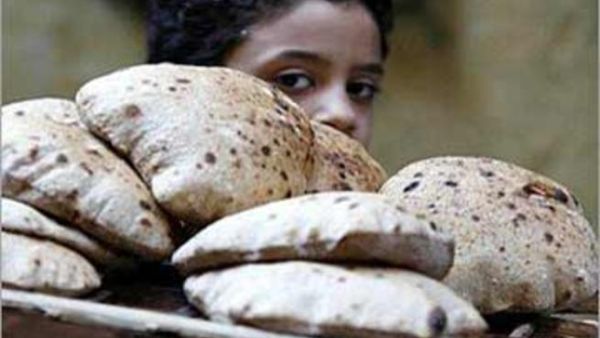Prime Minister Abdullah Ensour on Tuesday said the largest share of the government’s subsidies, which are supposed to benefit the low- and limited-income families, go to the rich, non-Jordanians and guest workers.
Chairing a meeting at the finance ministry, the premier said his government will conduct “extensive” studies on subsidising mechanisms and their social and economic consequences, stressing that no decision has been taken yet to lift subsidies on any commodity, the Jordan News Agency, Petra, reported.
Ensour stressed the government’s commitment to applying instructions outlined in the Letter of Designation, while taking into account the impact of the economic and financial challenges on citizens, especially those with small- and limited-income.
“Any government measure related to delivering support to its targeted beneficiaries should not have any negative consequence on the poor,” the prime minister said, adding that the meeting was held to “examine the size of the challenge facing state finances in light of the current subsidising method, which has doubled the draining of the already-troubled budget”.
According to official figures, only 3.9 per cent of subsidies go the low- and limited-income households, while 22.3 per cent of the well-off benefit from this support, Petra reported.
Finance Minister Suleiman Hafez said the tentative mechanism for government subsidies seeks to raise the income of limited-earning families, noting that the total of the poor households’ spending on fuel derivatives stand at around JD458 million annually, compared with more than JD2 billion spent by the rich.








